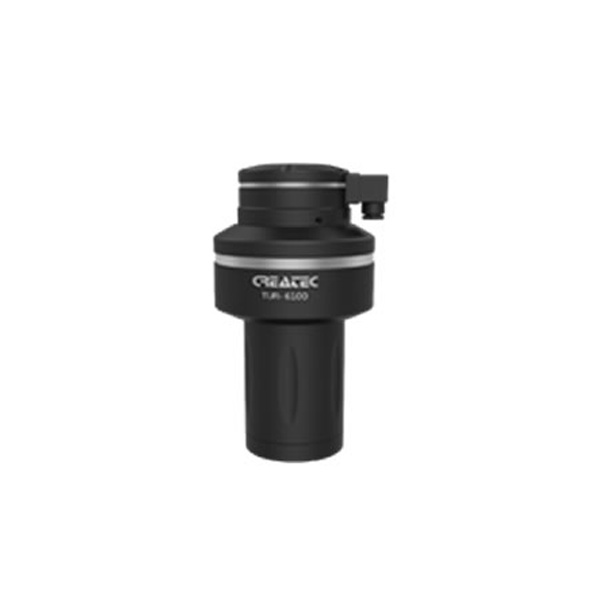“Experience the difference with a water softening system.”
Effectiveness of Water Softening Systems
Water softening systems have become increasingly popular in households across the country as a solution to hard water problems. But do these systems actually work? In this article, we will explore the effectiveness of water softening systems and whether they are worth the investment.
Hard water is a common issue in many homes, caused by high levels of minerals such as calcium and magnesium in the water supply. These minerals can cause a variety of problems, including scale buildup in pipes and appliances, soap scum on dishes and laundry, and dry, itchy skin and hair. Water softening systems are designed to remove these minerals from the water, resulting in softer, more manageable water.
| Model | MSD2 | MSD4 | MSD4-B | MSD10 | ASD2 -LCD/LED | ASD4-LCD/LED | ASD10-LED |
| Working Position | Service->Back wash->Brine and slow rinse->Fast rinse->Refill->Service | ||||||
| Regeneration mode | Manual | Automatic | |||||
| Inlet | 3/4” | 1” | 1” | 2” | 1/2”, 3/4”, 1” | 1/2”, 3/4”, 1” | 2” |
| Outlet | 3/4” | 1” | 1” | 2” | 1/2”, 3/4”, 1” | 1/2”, 3/4”, 1” | 2” |
| Drain | 1/2” | 1/2” | 1/2” | 1” | 1/2” | 1/2” | 1” |
| Base | 2-1/2” | 2-1/2” | 2-1/2” | 4” | 2-1/2” | 2-1/2” | 4” |
| Riser pipe | 1.05”OD | 1.05”OD | 1.05”OD | 1.5”D-GB | 1.05”OD | 1.05”OD | 1.5”D-GB |
| Water Capacity | 2m3/h | 4m3/h | 4m3/h | 10m3/h | 2m3/h | 4m3/h | 10m3/h |
| Working Pressure | 0.15-0.6MPa | ||||||
| Working Temperature | 5-50°C | ||||||
| Power Supply | No Need Power | AC100-240V/50-60Hz DC12V-1.5A | |||||
There are two main types of water softening systems: salt-based and salt-free. Salt-based systems use ion exchange to remove minerals from the water, replacing them with sodium ions. These systems are highly effective at reducing hardness levels in water, but they do require regular maintenance to replenish the salt in the system. Salt-free systems, on the other hand, use a different technology called template-assisted crystallization to prevent minerals from forming scale. While salt-free systems are low maintenance, they may not be as effective at reducing hardness levels as salt-based systems.
Studies have shown that water softening systems can be highly effective at reducing the negative effects of hard water. One study conducted by the Water Quality Research Foundation found that water softeners can reduce soap usage by up to 50% and extend the lifespan of appliances such as water heaters and dishwashers by up to 50%. Another study published in the Journal of the American Water Works Association found that water softeners can significantly reduce scale buildup in pipes and appliances, leading to improved water flow and energy efficiency.

In addition to these benefits, water softening systems can also have a positive impact on personal health. Hard water can strip the skin and hair of natural oils, leading to dryness and irritation. By softening the water, these systems can help to alleviate these symptoms and improve overall skin and hair health.
While water softening systems have been shown to be effective at reducing the negative effects of hard water, it is important to note that they are not a one-size-fits-all solution. The effectiveness of a water softening system will depend on a variety of factors, including the hardness of the water, the size of the household, and the type of system being used. It is recommended to have your water tested before investing in a water softening system to ensure that it is the right solution for your home.
In conclusion, water softening systems can be highly effective at reducing the negative effects of hard water, including scale buildup, soap scum, and dry skin and hair. While there are different types of systems available, both salt-based and salt-free systems have been shown to be effective at improving water quality and extending the lifespan of appliances. If you are experiencing issues with hard water in your home, investing in a water softening system may be worth considering.






